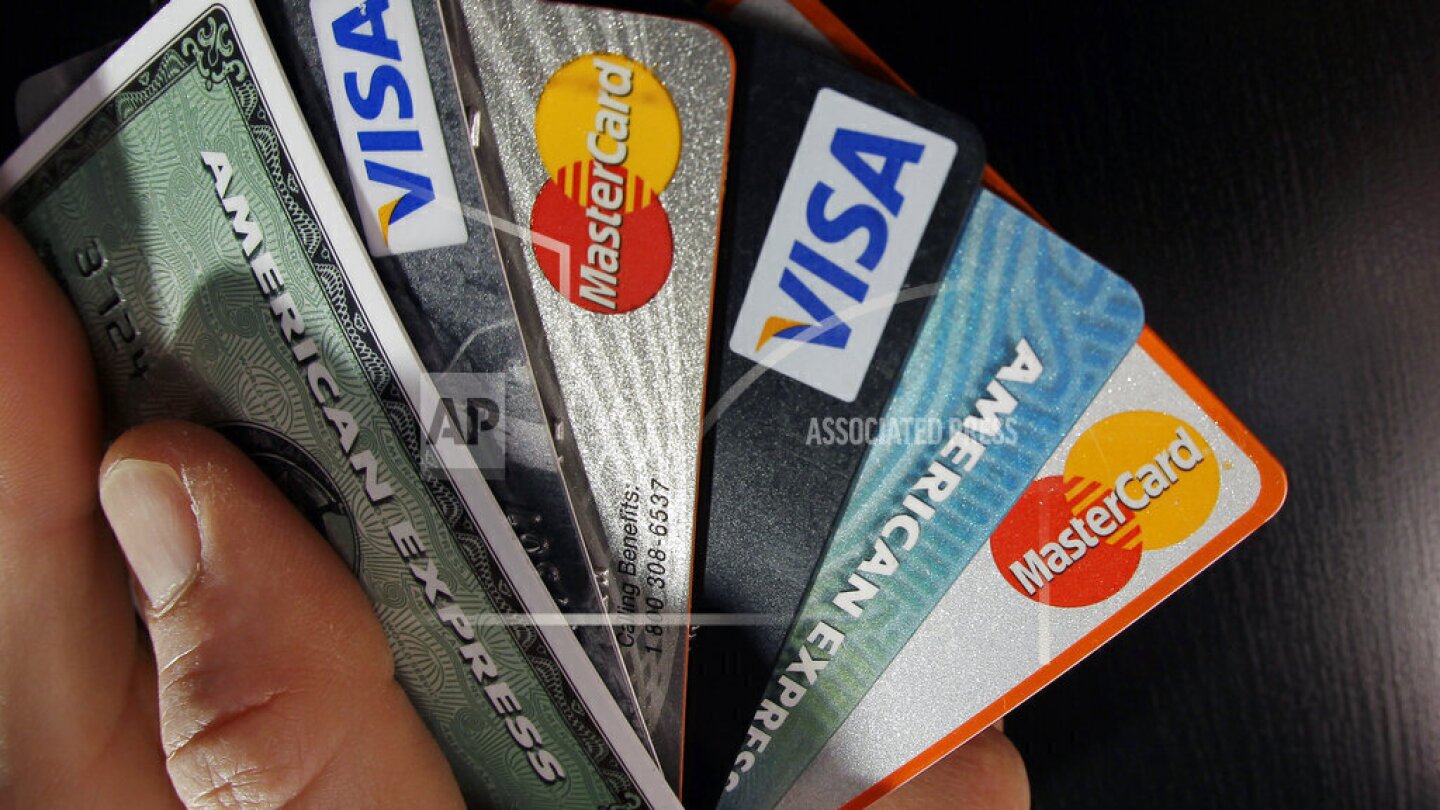The cost to overdraw a bank account could drop to as little as $3 under a proposal announced by the White House, the latest effort by the Biden administration to combat fees it says pose an unnecessary burden on American consumers, particularly those living paycheck to paycheck.
The change could potentially eliminate billions of dollars in fee revenue for the nation’s biggest banks, which were gearing up for a battle even before Wednesday’s announcement. Exactly how much revenue depends on which version of the new regulation is adopted.
Banks charge a customer an overdraft fee if their bank account balance falls below zero. Overdraft started as a courtesy offered to some customers when paper checks used to take days to clear, but proliferated thanks to the growing popularity of debit cards.



This might be one of the unintended side effects of the law. If you have a low balance account or a ‘bad’ credit rating. Banks might simply stop offering debit cards that work on credit card stations.
This probably won’t happen unless overdraft fees are underwriting the risk of unpaid overdrafts. I’m not sure how many people just cancel or abandon accounts that go negative. I’d guess that it’s low but only banks would have the actual numbers.
in the USA at least the CHEX system largely prevents this. Essentially if you abandon a checking account that is negative, you get put into the CHEX database. When you go to a new bank to open a new account, the new bank looks at CHEX and sees what you did, then won’t give you an account until you go back to the first bank to get cleared. Nearly all banks use CHEX or something like it. So unless you’re just writing off the option to do retail banking, you won’t be able to abandon accounts.